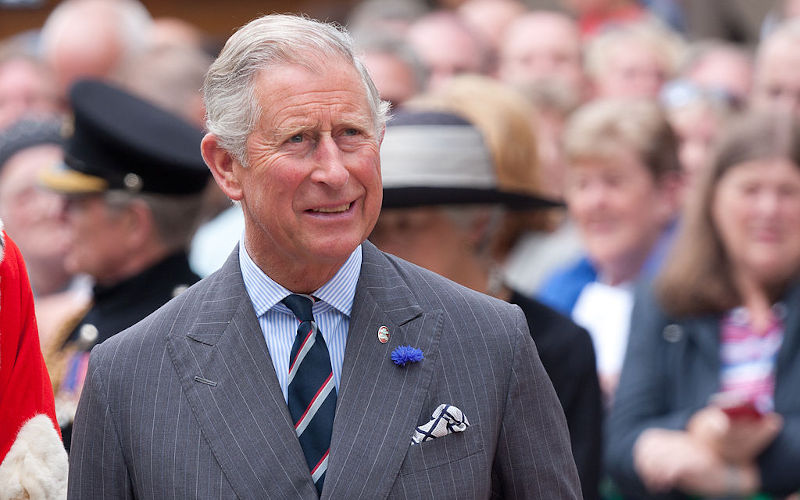Prince Charles and the battle for the Republic
June 15, 2022
As a republican, Im not sure whether to rejoice or rage at the latest display of idiocy by the presumptive future King of Australia, Prince Charles. One the one hand (hooray!) he has demonstrated once again his unfitness to succeed Queen Elizabeth, who, understandably, is beginning to show her considerable age and restrict her public engagements. On the other (shame!) the fact that he demonstrates his unfitness on a regular basis has done nothing to increase the prospect of Australia cutting our constitutional links with the British monarchy.
His latest caper was to let it be known that he considers the British governments plan to send asylum seekers to Rwanda as appalling. This policy has been adopted by Boris Johnsons government and is clearly modelled on Australias offshore processing regime. In both countries, the courts have rejected challenges to the legality of the schemes.
By inference, the Prince has a similar view of the Australian policy. As, of course, do many Australians but not the Government or official Opposition parties.
The problem, however, is that Charles in the foreseeable future will become a constitutional monarch. As such he will be required to exhibit no political leanings and express no views on the policies of the elected government. While he doesnt have the Crown yet, he should be following the same rules, otherwise his ability to show and claim political neutrality on his accession will have already been irreparably damaged.
He knows the rules. His spokesman responded to reports of his latest misadventure by saying, We would not comment on supposed anonymous private conversations with the Prince of Wales, except to restate that he remains politically neutral. Matters of policy are decisions for government.
Thats the theory. In practice (and Charles has had a lot of practice) he either doesnt care or he doesnt think the rules apply to him, or perhaps both. The fact is that his private conversations dont become public unless that is what he intends. The reports make it clear that this was not a one-off attack on the British governments policy. The Times newspaper quoted a source as saying Charles had said on numerous occasions that he was more than disappointed at the policy. He said he thinks the governments whole approach is appalling. It was clear he was not impressed with the governments direction of travel.
Whether Charles can change his ways is a matter primarily for the United Kingdom, but as the dismissal of the Whitlam Government in 1975 showed, what the British Royals do or say can also affect Australia. This was demonstrated conclusively in the 1975 correspondence between Governor-General Sir John Kerr and the palace, released in 2020 by the Australian Archives following a decision of the High Court.
At the very least the papers showed the Queen (though her official secretary) did not tell the Governor-General to quit his quest for Royal approval of his intention to sack the Whitlam Government. At worst they support the argument that the palace letters were strengthening his resolve (and were intended to do so).
Prince Charles, it should not be forgotten, had a hand in that exercise as well. It was to the then 26-year old Prince that Kerr first broached the possible sacking by him of the Whitlam Government. That occurred in Port Moresby in September 1975, during the official celebrations of Papua-New Guineas independence. That was months before there was a stand-off in the Senate over the Whitlam Governments budget the ultimate excuse for the dismissal.
Prince Charles dutifully reported home. No-one thought to tell the Prime Minister about the Governor-Generals desire to get rid of the government that had been re-elected the previous year (or if they thought about it, they did nothing about it). Instead the Royals became part of the conspiracy.
Meanwhile Prime Minister Albanese has made it clear that nothing substantive will be done to move Australia from its monarchical status to a republic in the near future even though he has taken the controversial (in some circles) step of including within his government an assistant minister for the republic, Matt Thistlethwaite.
While the assistant minister says he thinks the time is right, he has also said, We will begin the discussion during this term and hopefully, if that is successful, we can look to move towards an Australia head of state in our second and hopefully third terms of government.
That is a long way off. By then a newly crowned King Charles will have had his chance to show whether he can keep his opinions to himself and generally behave as is required of a constitutional monarch.

